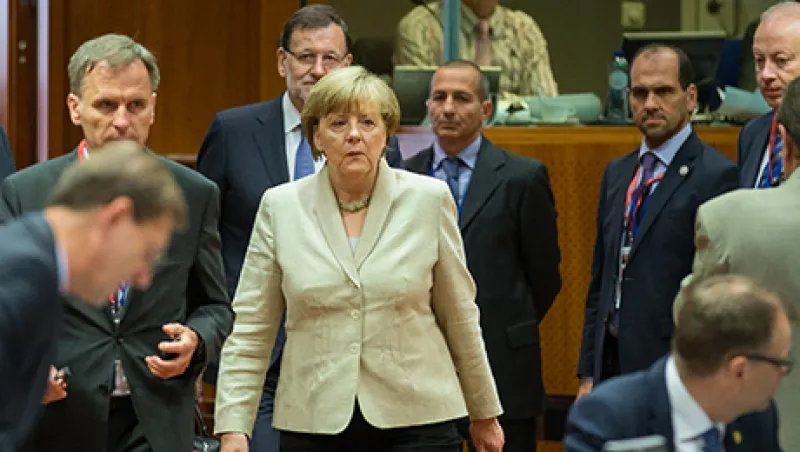
Europe’s Migrant Crisis: Can Tragedy Lead to Opportunity?
The photograph of three-year-old Aylan Kurdi, whose body washed ashore on a Turkish beach, served as a catalyst for countries like Germany to take action in Europe’s migration crisis.
Tom Buerkle
September 11, 2015


